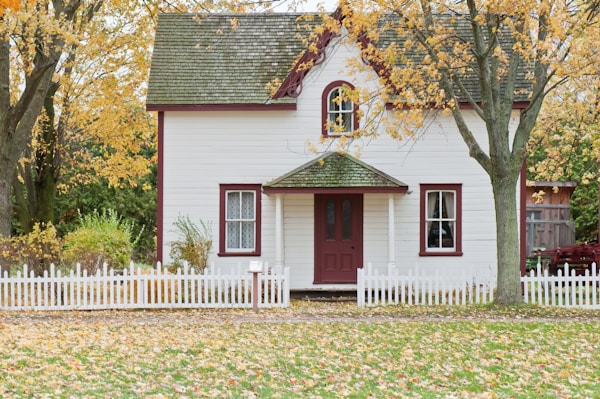In today’s fast-paced world, it can be a daunting task to help the seniors in our lives age comfortably in their own homes. Aging in one’s own home is a desirable alternative to elderly care facilities, as it allows older adults to maintain their independence and enjoy the sanctity of their own space. In this article, we will discuss a few crucial aspects to consider when helping your loved one age in place gracefully.
Assess the Home Environment

First and foremost, it is essential to evaluate the current living situation of your elderly family member. Take a look at their home and make a note of any potential hazards or inconveniences that could be addressed to improve their quality of life. Pay close attention to accessibility, mobility, and overall safety. Look for things like clutter, inadequate lighting, and steep staircases, as these can be dangerous for seniors prone to accidents or those with mobility issues.
Next, consider modifications and adjustments that could be made to the house to make it more senior-friendly. This could include installing grab bars in the bathroom, adding ramps or stairlifts, widening doorways, or even adding an extra bedroom on the first floor. Remember that an Aging in place home may require some investment, so it’s essential to weigh the costs against the benefits of keeping your loved one in their familiar environment.
Lastly, assess the surrounding area and the resources available for seniors. Are there local community centers that offer activities and resources catered to the elderly? Are there nearby healthcare providers and pharmacies for easy access? Having a strong support system in place will ensure your loved one can age comfortably in their home.
Establish a Support Network
Once the home environment has been assessed and properly outfitted, it is vital to establish a support network for your loved one. This network should include close family members, friends, neighbors, or even hired caregivers that can regularly check on the senior and provide any necessary assistance. Ensure that the network has clear communication channels, and everyone knows their roles and responsibilities in supporting your elderly family member.
Another crucial aspect of the support network is ensuring that your loved one has access to engaging social activities. Aging does not have to mean isolation; on the contrary, social interaction is essential for seniors’ mental and emotional well-being. Encourage your loved one to participate in local activities, such as a bridge club or painting class, or even seek out online communities like free social casino games that they can enjoy from the comfort of their home.
It is also essential to maintain open and honest communication with your elderly loved one. Regularly ask for their input and feedback about their living situation, and be attentive to their needs and concerns. This will help to build trust and ensure that they feel supported and valued as they age in their own space.
Encourage Independence and Choice

Allowing seniors to maintain their independence and autonomy is vital to successful aging at home. Encourage your loved one to continue participating in activities they enjoy and make decisions about their daily routines. This will not only enhance their sense of control but also contribute positively to their overall well-being.
Furthermore, avoid taking over every aspect of your loved one’s life. While you may think you are helping, this can be counterproductive to their independence. Instead, offer support and assistance when needed, and collaborate with your elderly family member to create a plan that allows them to maintain their autonomy and make choices about their life.
In conclusion, proper planning and proactive support can help seniors age gracefully in their own homes. By addressing environmental concerns, establishing a support network, coordinating healthcare services, and promoting independence, you can ensure successful aging in place for your elderly loved one.


